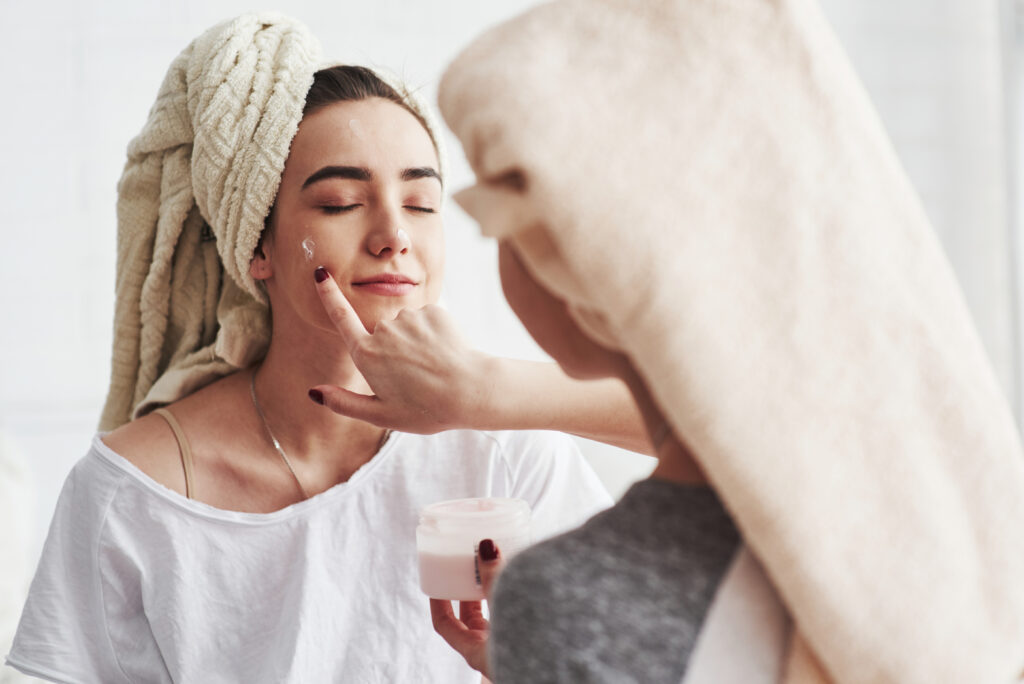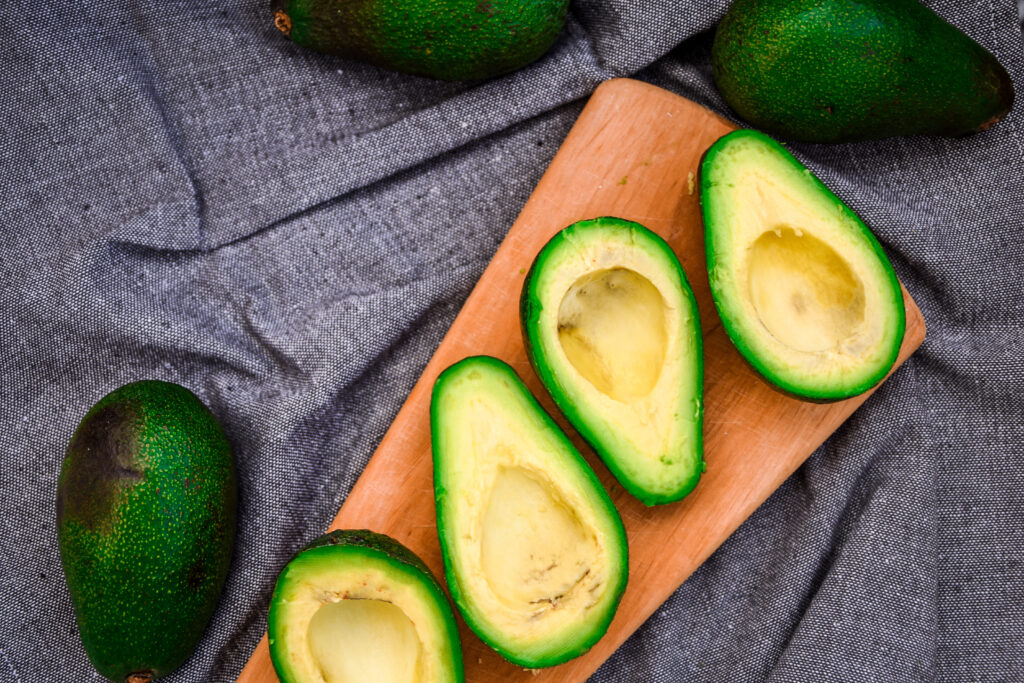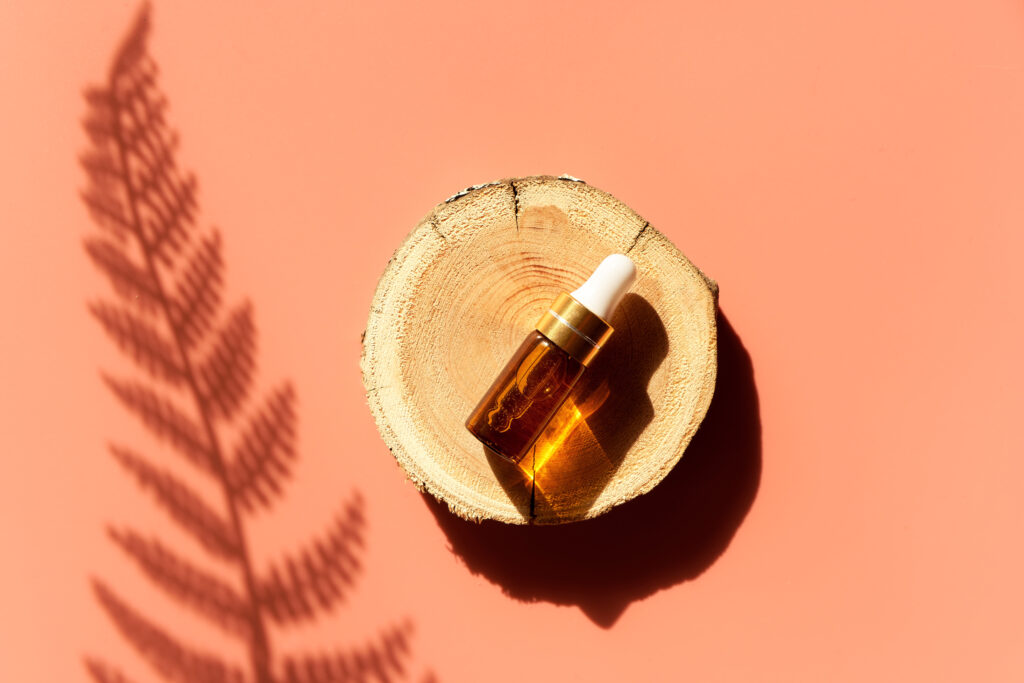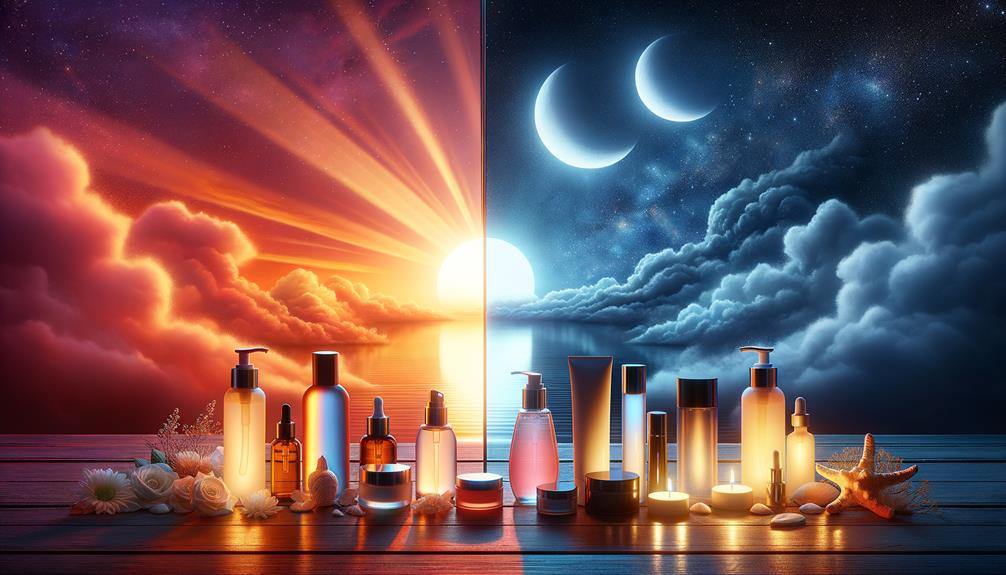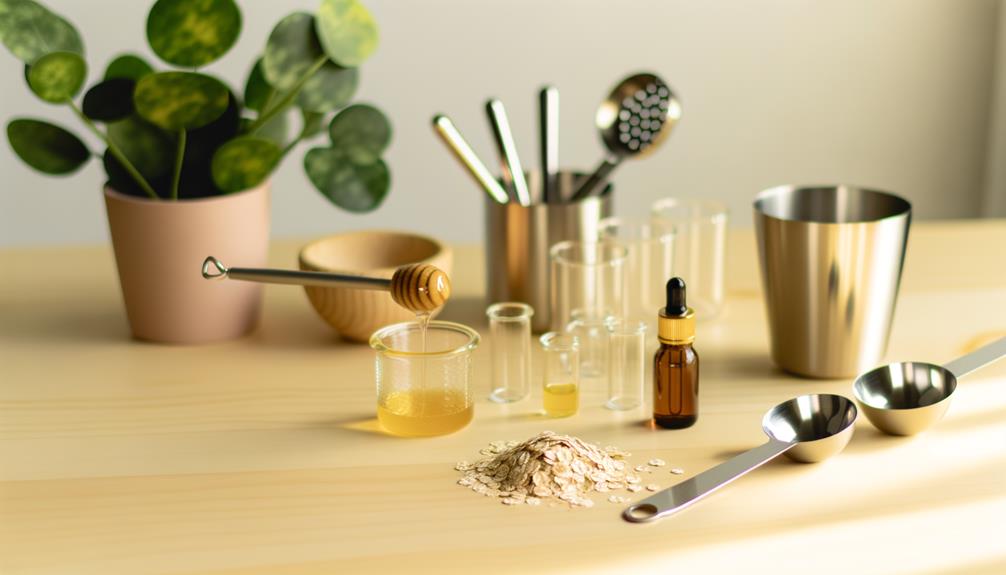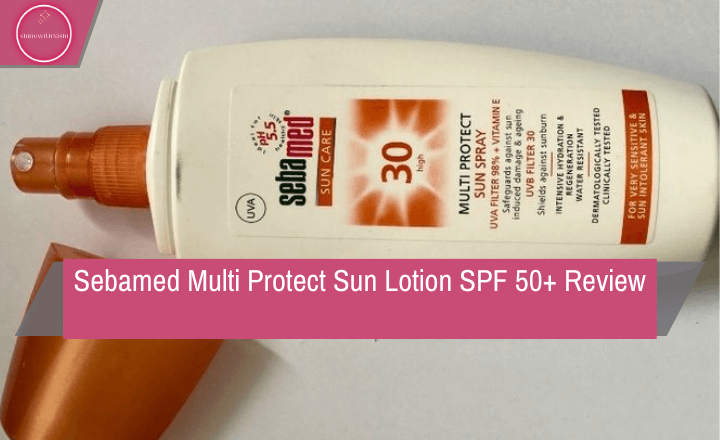You’re just steps away from perfecting your DIY skincare regimen! Start with honey and tea tree oil, champions against acne thanks to their antibacterial properties. If dryness is your nemesis, coconut oil and avocado are your go-to’s for deep nourishment. For a bright glow, turn to oatmeal and turmeric — natural exfoliators that also even skin tone. Aloe vera and rose water will soothe and refresh sensitive skin, while lemon tackles oiliness and dark spots. Finally, incorporate yogurt to gently exfoliate and enhance hydration. Discover how these top ingredients can upgrade your beauty routine and reveal even more natural secrets.
Here’s the TOP 10 DIY Skin care Ingredients:
1. Honey
2. Coconut Oil
3. Oatmeal
4. Aloe Vera
5. Turmeric
6. Avocado
7. Tea Tree Oil
8. Rose Water
9. Lemon
10. Yogurt
Key Takeaways
-
- Honey and tea tree oil are excellent for combating acne with their antibacterial properties.
-
- Coconut oil and avocado deeply hydrate and nourish the skin.
-
- Oatmeal and turmeric are great for exfoliation and brightening skin tone.
-
- Aloe Vera and rose water offer soothing, healing, and antioxidant benefits.
-
- Lemon and yogurt help in oil control, gentle exfoliation, and skin healing.
Honey: Natural Antibacterial
Honey naturally fights bacteria, helping prevent acne and skin breakouts. When you’re battling acne, it’s not just about what you put on your skin, but also about the quality of the ingredients. Honey, with its natural antibacterial properties, is a game-changer. It’s not just an old wives’ tale; its ability to kill bacteria on your skin’s surface is backed by science.
You might think honey is just for sweetening your tea, but it’s also fantastic for your face. Applying honey as part of your skincare routine can help keep those pesky pimples at bay. Its antibacterial qualities are particularly effective against the bacteria that cause acne. Plus, it’s so gentle, you don’t have to worry about it irritating your skin.
Whether you’ve got sensitive skin or you’re just looking for a natural alternative to harsh chemicals, honey is a stellar choice.
Imagine slathering a bit of this golden goodness on your face and knowing it’s working hard to keep your skin clear and vibrant. It’s a soothing, effective way to treat your skin without resorting to aggressive, synthetic options.
Coconut Oil: Deep Hydration
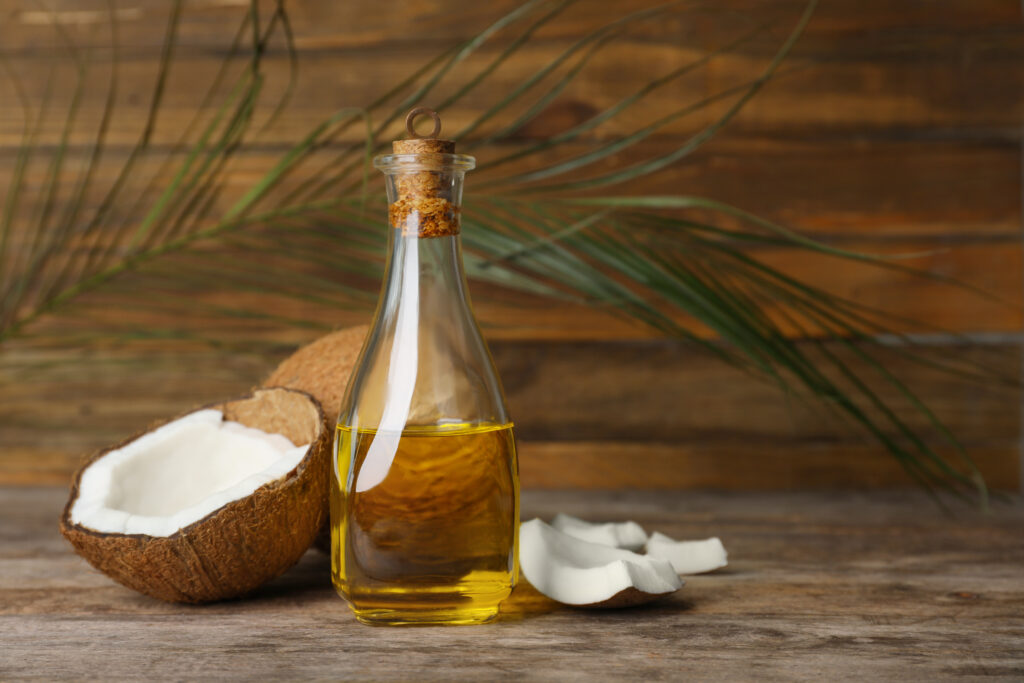
While honey offers antibacterial benefits, coconut oil provides deep hydration, perfect for nourishing your dry skin. As you explore the world of DIY skincare, you’ll find that coconut oil is a standout choice for keeping your skin supple and moisturized.
This natural emollient seeps into your skin effortlessly, thanks to its lightweight texture that doesn’t clog pores, making it a go-to for all skin types.
Rich in fatty acids, coconut oil strengthens your skin barrier, locking in moisture to combat dryness. You’ll notice your skin feels softer and looks more radiant with regular use. Its antibacterial and anti-inflammatory properties also calm and soothe irritated skin, enhancing your skin’s overall health.
You can incorporate coconut oil into your skincare routine in multiple ways. Use it as a moisturizer to hydrate your skin after a shower, or try it as a gentle makeup remover that also nourishes your skin. It even works wonders as a lip balm or a hair conditioner, proving its versatility.
Embrace coconut oil for its deep hydration and revel in the glow it brings to your skin. It’s an all-in-one wonder that supports skin health while keeping your skincare regimen simple and effective.
Oatmeal: Gentle Exfoliation
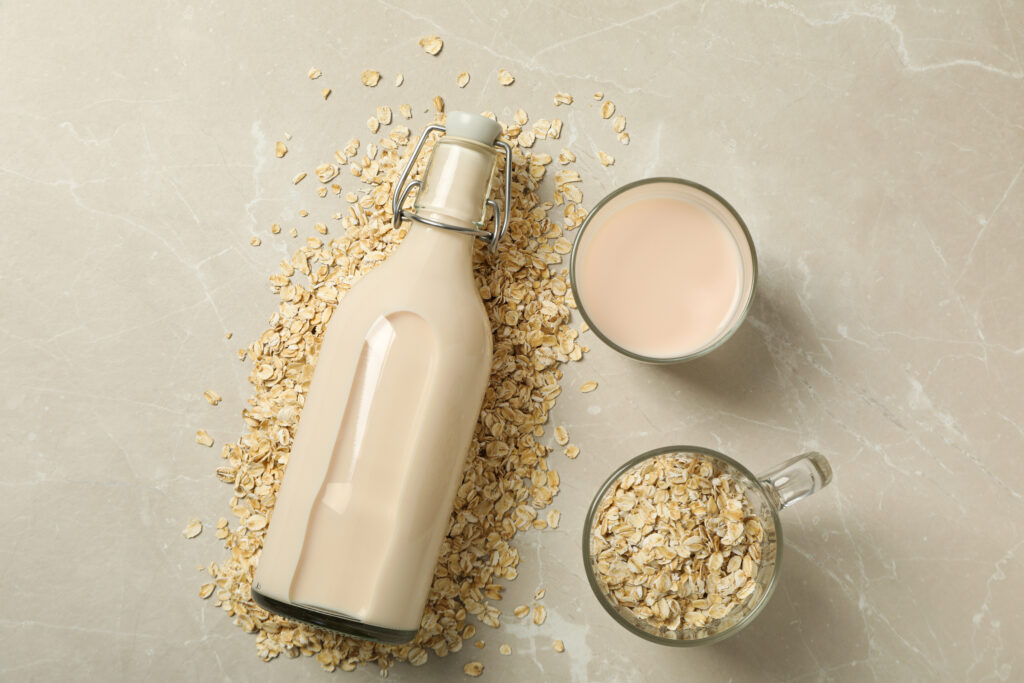
Oatmeal naturally exfoliates your skin, effortlessly removing dead cells to reveal a smoother, more radiant complexion. It’s a powerhouse for anyone needing a gentle touch, especially if you’ve got sensitive or acne-prone skin.
This humble kitchen staple isn’t just for breakfast; it’s packed with anti-inflammatory properties that calm your skin and reduce redness. Plus, its antioxidants are perfect for fighting those pesky free radicals.
What’s more, oatmeal aligns with your skin’s natural pH levels, ensuring it remains balanced and healthy.
It’s incredibly easy to incorporate into your skincare routine. You can create a simple mask by mixing finely ground oatmeal with water to form a paste. Apply this to your face, let it sit for 10-15 minutes, and then rinse off.
You’ll love how it leaves your skin feeling refreshed and soft, without any harsh scrubbing.
If you’re dealing with sensitive or acne-prone skin, oatmeal can be your go-to for exfoliation without the fear of irritation. It’s all about achieving that glow while keeping your skin calm and collected.
Aloe Vera: Soothing Effects
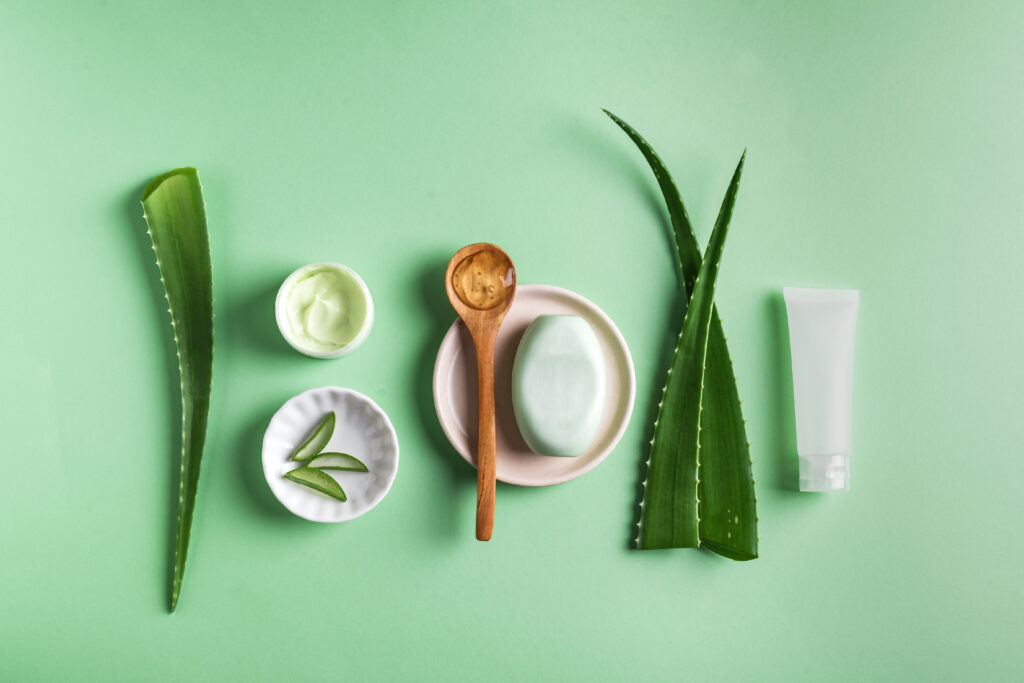
Applying aloe vera can greatly soothe and heal your skin, especially if it’s irritated or sunburned. This incredible plant isn’t just for show; it’s packed with antioxidants, enzymes, plus vitamins A and C, which all contribute to its soothing effects and ability to hydrate and nourish your skin.
Whether you’re using gel straight from the leaf or incorporated into other skin care products, aloe vera is a powerhouse in calming inflammation and promoting skin regeneration.
If you’ve got sensitive skin, you’re in luck. Aloe vera is gentle and can noticeably alleviate redness, itching, and minor irritations without causing further distress. It’s a go-to for those unplanned sunburns or when your skin just needs a calming touch.
Incorporating aloe vera into your regular skin care routine could also improve your skin’s texture over time. It’s known for reducing acne scars and promoting a healthier, more even skin tone.
You’ll find that with consistent use, not only does your skin feel better, but it looks better too. So, why not give it a try? Aloe vera might just be the soothing solution your skin has been waiting for.
Turmeric: Brightening Properties
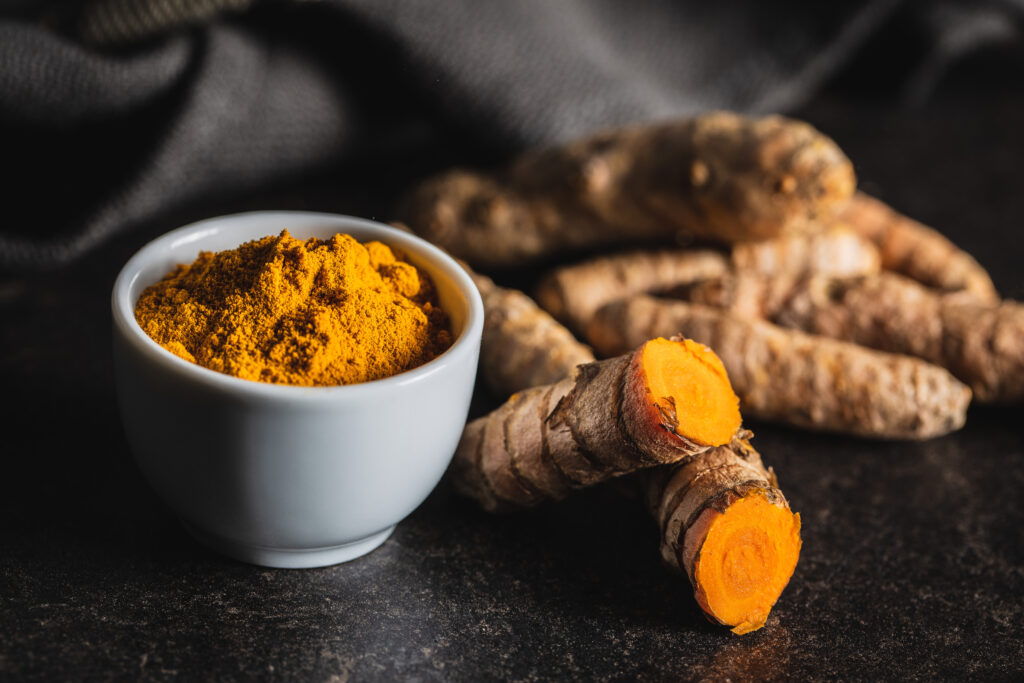
Turmeric’s curcumin content offers remarkable anti-inflammatory and antioxidant benefits that can brighten and even out your skin tone. This golden spice isn’t just for cooking; it’s a staple in DIY beauty treatments, especially if you’re aiming for a glowing, even complexion.
You can easily tap into the power of turmeric by incorporating it into your beauty regimen.
Here are a few ways you can use turmeric to enhance your skin:
-
- Natural Antimicrobial: Tea tree oil effectively combats the bacteria responsible for acne breakouts.
-
- Reduces Inflammation: It helps soothe your skin, reducing the redness and swelling often associated with acne.
-
- Gentler than Chemicals: Unlike benzoyl peroxide, tea tree oil offers a reduction in acne without the severe dryness or irritation.
-
- Preventative Care: Regular application can help prevent future breakouts, keeping your skin clearer.
-
- Versatile Use: Dilute it with carrier oils like coconut or jojoba for a custom treatment that suits your skin’s sensitivity.
Rose Water: Antioxidant Hydration
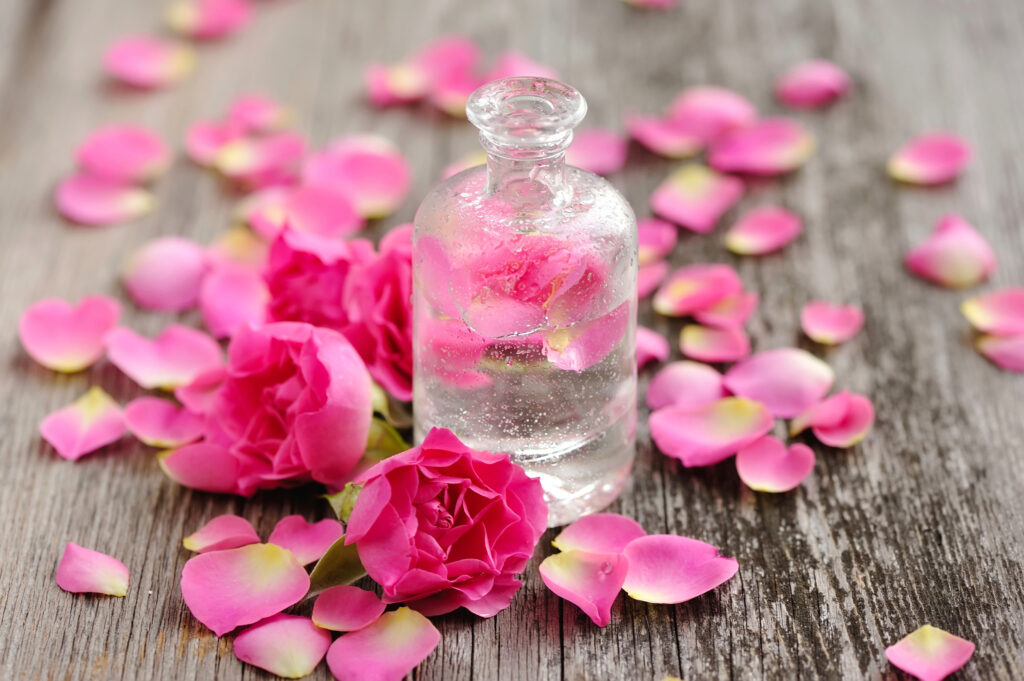
After exploring the benefits of tea tree oil, consider rose water for its antioxidant-rich hydration that refreshes and rejuvenates your skin.
Rose water, a staple in beauty regimes for centuries, isn’t just a fragrant addition to your skincare routine. It’s packed with antioxidants that help protect your skin from environmental stressors. Additionally, its hydrating qualities can’t be overstated; rose water helps to maintain your skin’s pH balance while controlling excess oil production.
If you’re struggling with sensitive or irritated skin, rose water can be your go-to solution. Its anti-inflammatory properties make it ideal for soothing your skin, reducing redness, and calming inflammation. Whether you’re dealing with the occasional irritation or persistent sensitivity, incorporating rose water into your daily skincare ritual can provide significant relief.
Regular use of rose water not only improves your skin texture but also enhances your overall complexion. Imagine waking up to skin that feels revitalized, looks smoother, and appears more radiant. That’s the power of rose water. It’s a simple, effective way to elevate your skincare routine, ensuring that your skin stays healthy and vibrant.
Lemon: Skin Brightener
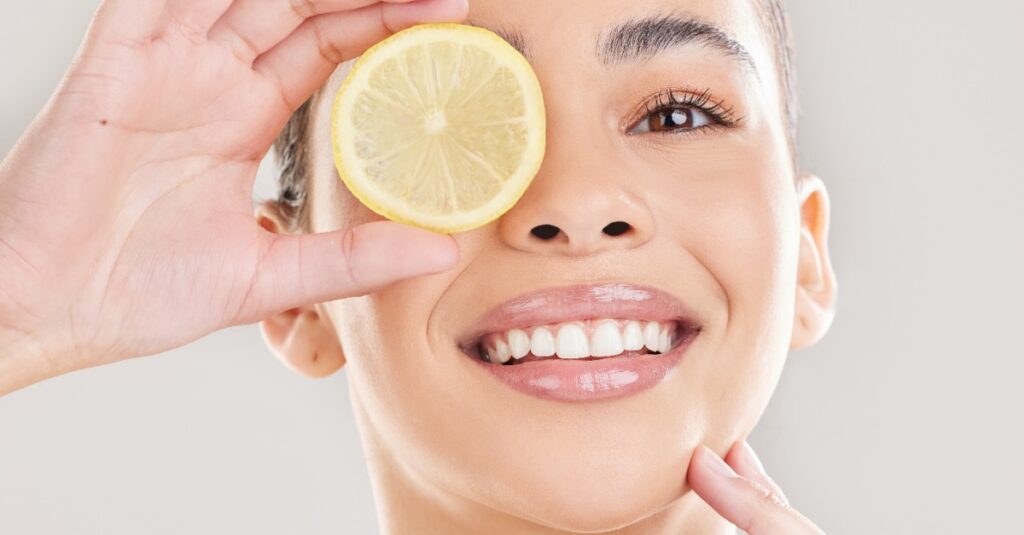
Lemon often serves as a natural skin brightener, thanks to its high vitamin C content that helps diminish dark spots and hyperpigmentation. This citrus fruit not only revives your skin’s glow but also plays a significant role in skin care routines catering to various skin types.
Here’s why you should consider incorporating lemon juice into your DIY skin care regime:
-
- Vitamin C Powerhouse: Lemon juice is rich in vitamin C, an essential antioxidant that helps fight against free radicals, aiding in your skin’s natural regeneration process.
-
- Natural Exfoliant: The citric acid in lemon works effectively to slough off dead skin cells, promoting a healthier, more radiant complexion.
-
- Oil Control: If you’re battling oily skin, lemon juice can help reduce excess sebum production, keeping your skin clean and less prone to acne.
-
- Brightening Effects: Regular use of diluted lemon juice can lighten dark spots and reduce hyperpigmentation, giving you a more even skin tone.
-
- Versatility for All Skin Types: Lemon is adaptable and can be used in various homemade recipes that cater to different skin types, ensuring everyone can benefit from its properties.
Yogurt: Probiotic Exfoliation
Moving from lemon, another fantastic ingredient for your skin care routine is yogurt, known for its probiotic exfoliation properties. Yogurt isn’t just a delicious snack—it’s also a powerhouse for your skin. It contains lactic acid that gently exfoliates, whisking away dead cells and allowing your complexion to radiate. It’s like giving your face a gentle scrub that reveals freshness without any harshness.
Moreover, the probiotics in yogurt work to balance your skin’s natural microbiome. This isn’t just good for your skin’s health; it actively combats inflammation, making your skin look calmer and reducing pesky redness. Imagine those good bacteria working like tiny warriors, fighting off the bad elements and supporting skin recovery. It’s fascinating how something so creamy can be so powerful, isn’t it?
And let’s not forget about zinc, the unsung hero in yogurt. Zinc aids in healing, especially if you’re dealing with acne or blemishes. It also soothes irritation, offering a cooling effect after each application. Regularly using yogurt as a skin treatment not only leaves your skin soft and hydrated but also improves its texture, thanks to the calcium content which helps renew skin cells. What’s not to love about this skin superfood?
Frequently Asked Questions
What Are the Best Ingredients for Homemade Skin Care?
You’re after the best homemade skincare ingredients? Focus on natural exfoliants, herbal infusions, and antioxidant sources like French clay, cocoa powder, and matcha. They’ll cleanse, rejuvenate, and protect your skin beautifully.
Which Homemade Product Is Best for the Face?
For your face, homemade masks offer the best benefits, particularly for sensitive skin. Utilize organic ingredients like rose water and matcha for their soothing and brightening effects. Always source high-quality, organic ingredients.
What Is the Most Effective Skincare Ingredient?
You’re likely wondering about the most effective skincare ingredient. Consider ingredient efficacy testing, balancing clinical versus natural options, and focusing on long-term effects. Retinol stands out for its proven anti-aging benefits.
How Do I Make My Own Skincare?
To make your own skincare, source quality ingredients, follow DIY product safety guidelines, and use proper storage solutions to maintain efficacy. Always patch test to confirm compatibility with your skin.
Final Thoughts
Now you’ve got the scoop on the top DIY skincare ingredients! Whether you’re dabbing on some honey for its antibacterial benefits or mixing a bit of turmeric for a glow, these natural wonders can work miracles.
Remember to patch test any new ingredient to confirm your skin’s compatibility. Embrace these gifts from nature and tweak your skincare routine to suit your unique skin.
Here’s to glowing, vibrant skin with a personal touch!
-
- Face Mask Magic: Mix turmeric with yogurt and honey to create a soothing face mask that reduces redness and brightens your skin.
-
- Spot Treatment: Apply a paste of turmeric and water directly to acne scars to diminish their appearance.
-
- Glowing Skin Scrub: Combine turmeric with coconut oil and sugar for an exfoliating scrub that leaves skin smooth and radiant.
-
- Brightening Serum: Blend turmeric with aloe vera gel and lemon juice for a natural serum that tackles dark spots and hyperpigmentation.
-
- Evening Routine: Since turmeric may stain, use it in your evening skin care routine to avoid any temporary yellowing of your skin.

